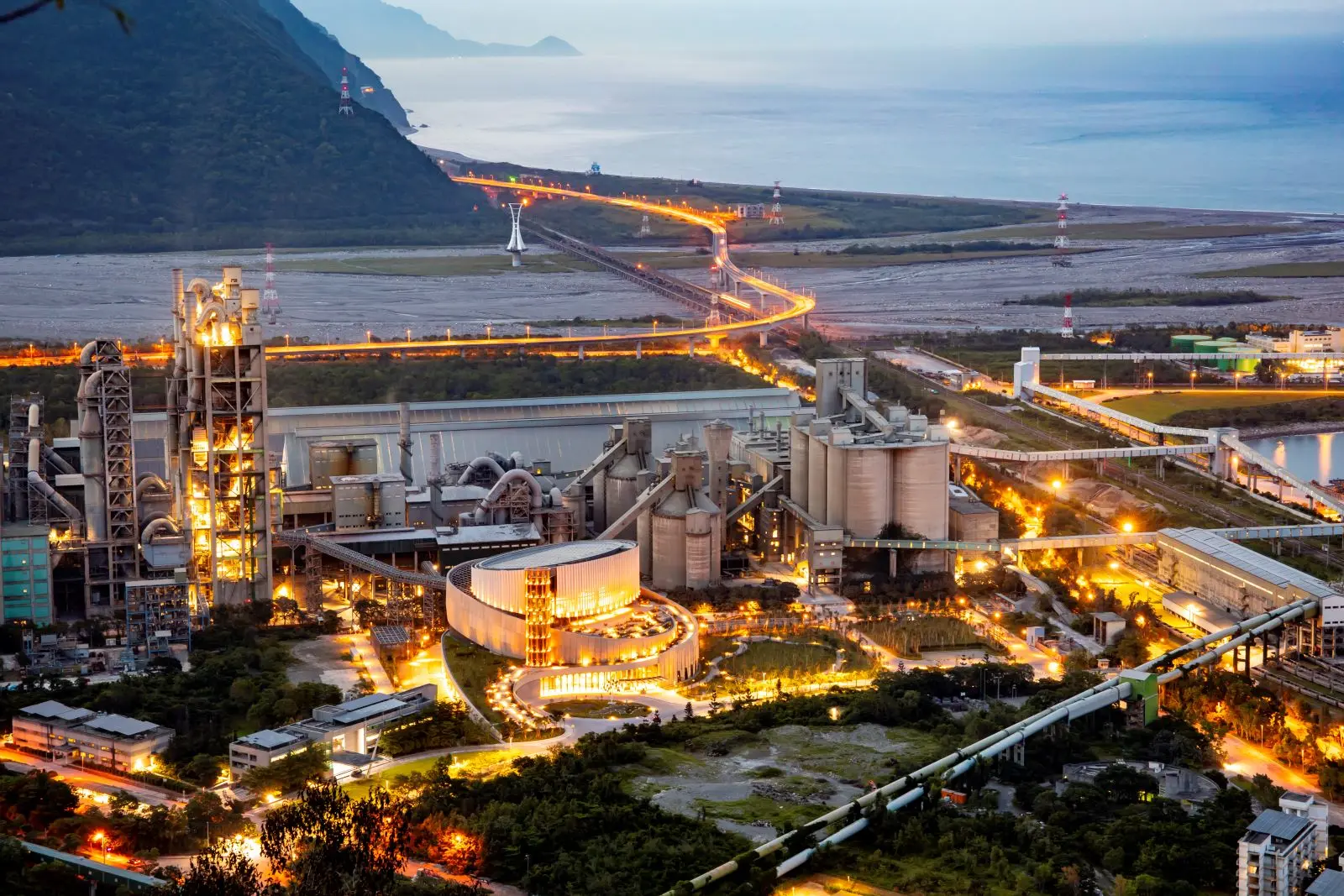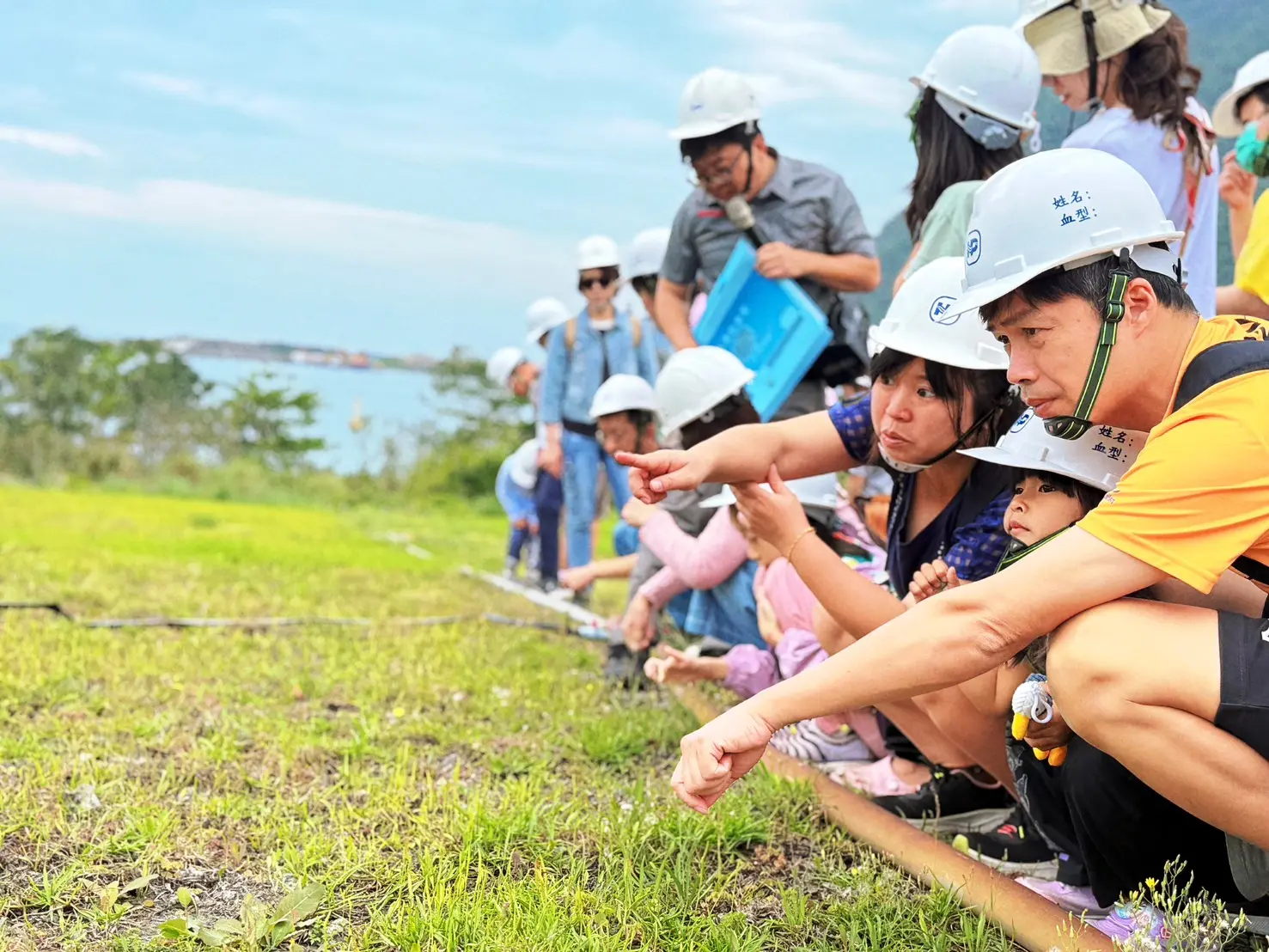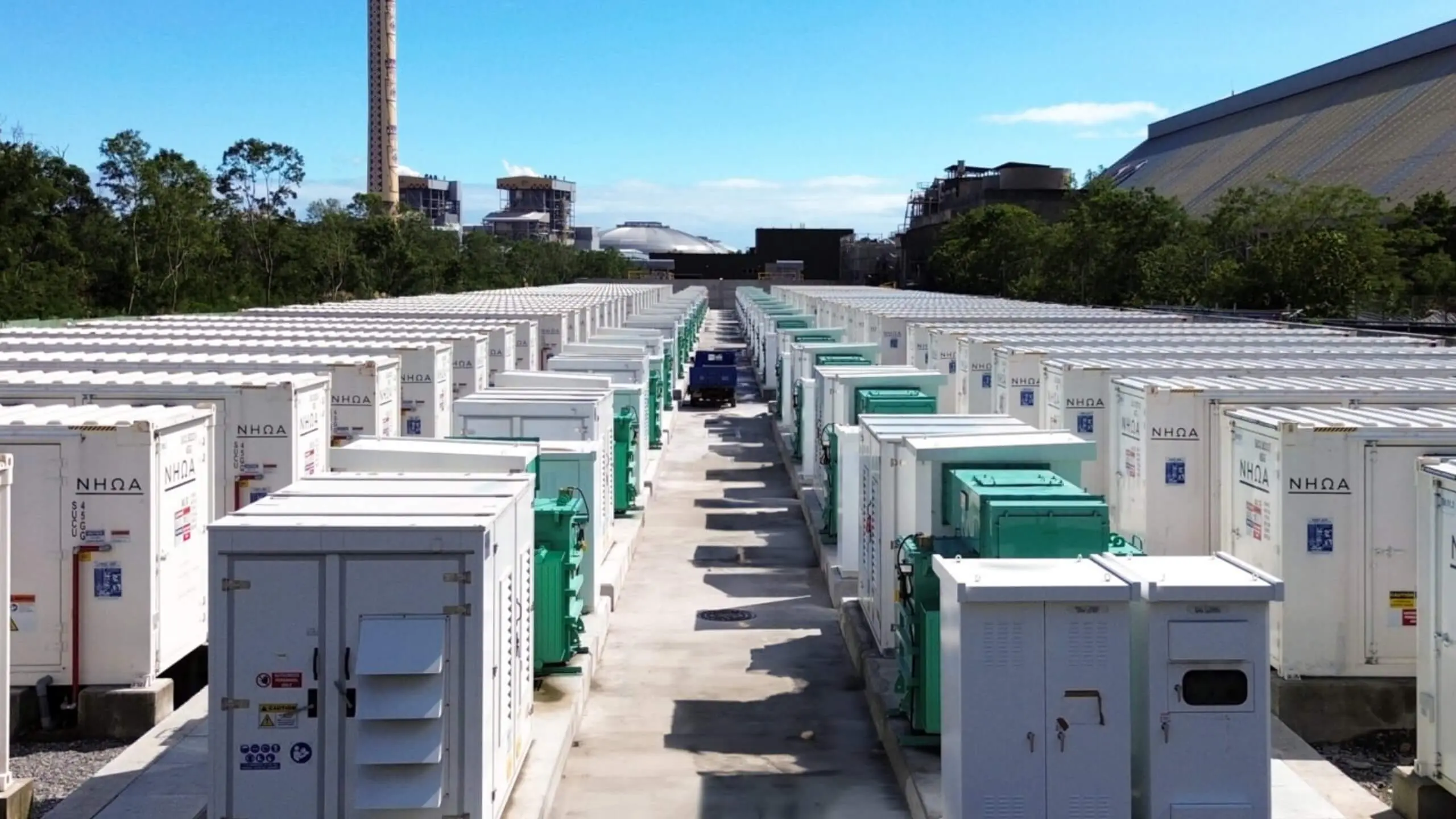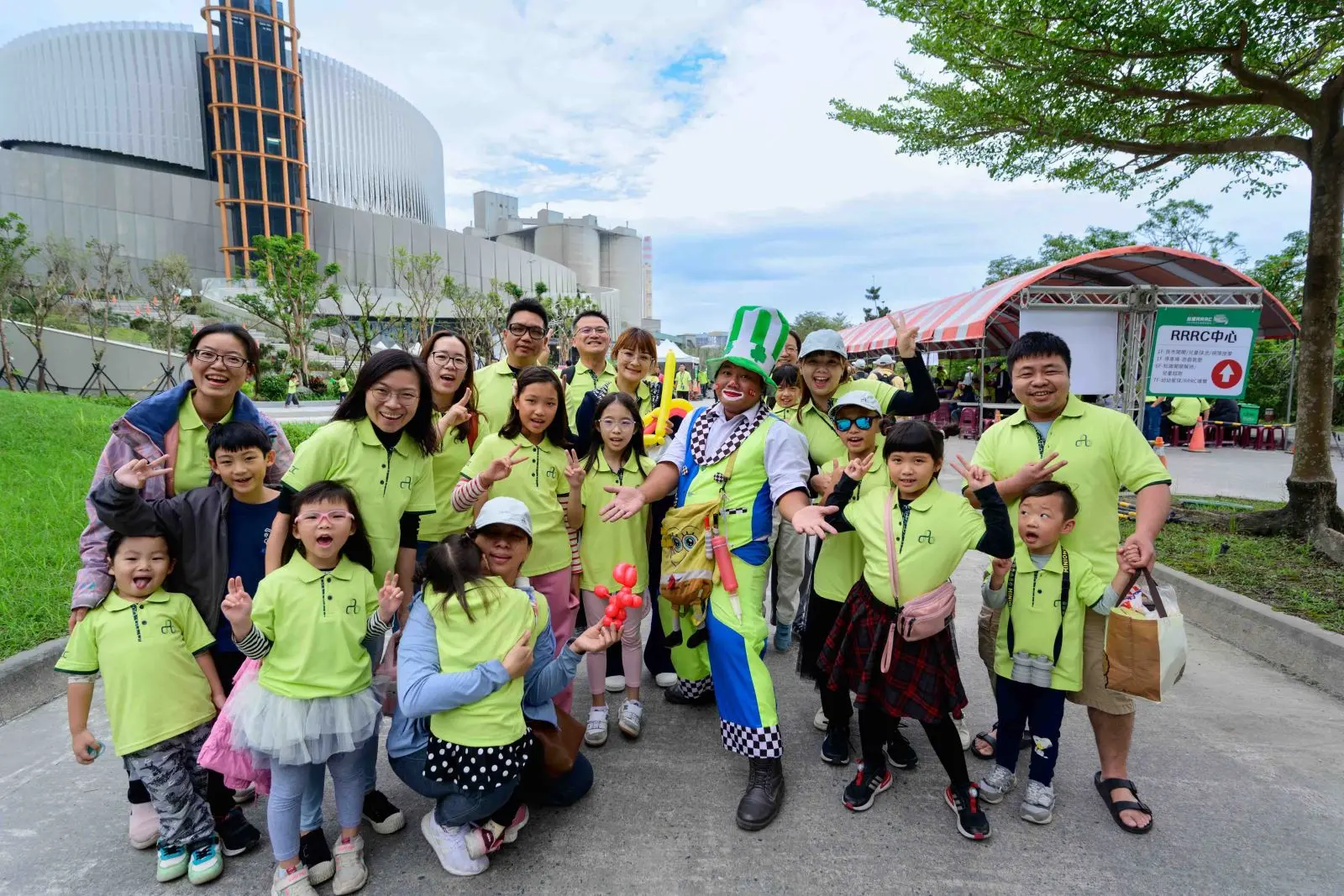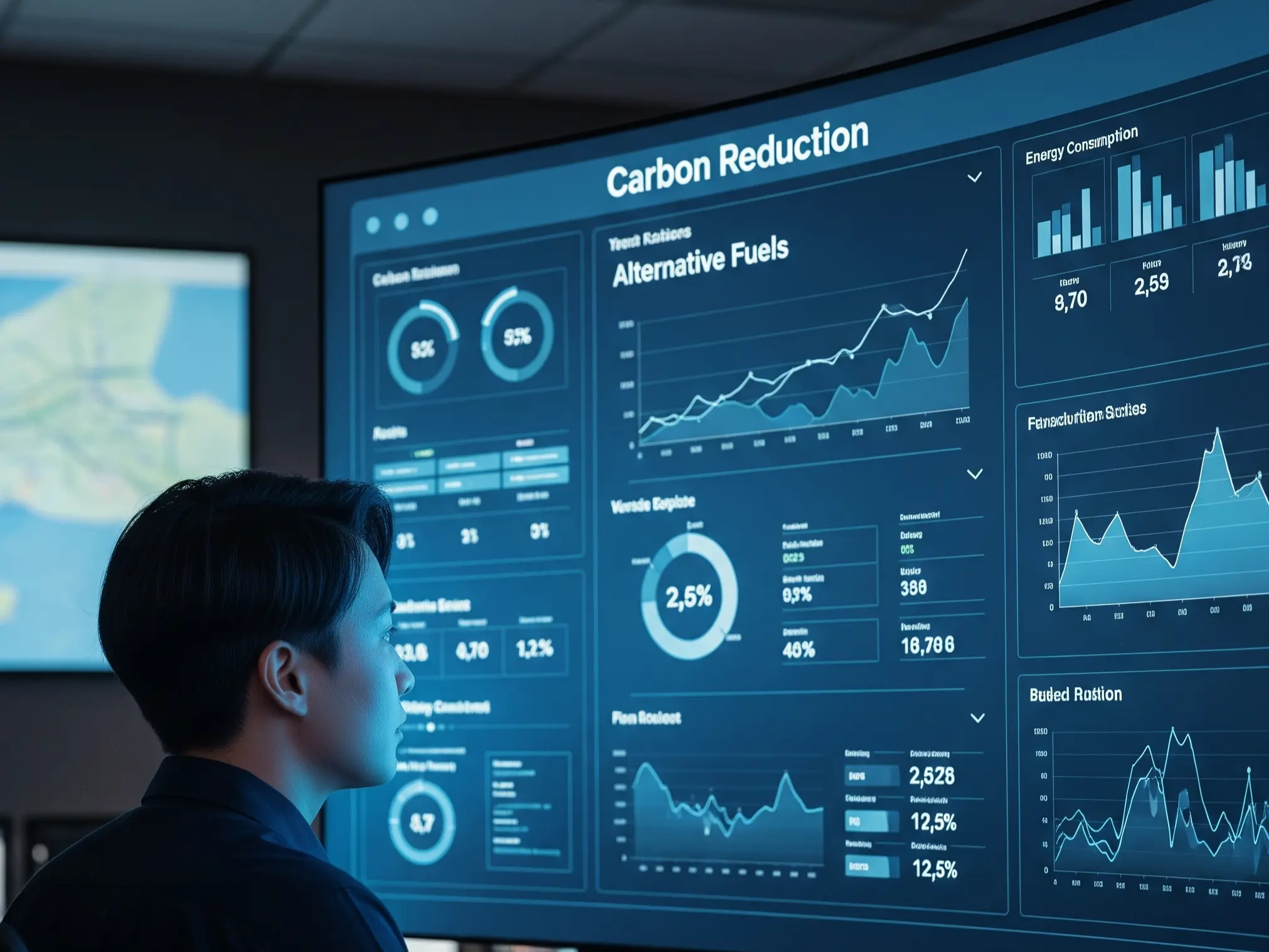Environmental Management
Management Approach
- 100% Cement Plants in Taiwan and Mainland China, RMC Plants, operation headquarters have obtained ISO 14001 and ISO 50001 Certification
- TCC is committed to reducing the environmental impact caused by its product manufacturing processes. TCC has established an Environmental Protection Policy,which has been approved by the Board of Directors and signed by the Chairman. For all TCC Group Holdings' operational sites and production plants, environmental impact assessments have been conducted, and environmental performance has been improved. The management scope covers energy, water, and waste, etc. It also requires suppliers, contractors, subcontractors, joint ventures, and other business partners to effectively manage environmental impacts during the production, manufacturing, transportation, distribution and logistics, and service processes.
- In Taiwan, compliance with CNS 61 regulations is required, and the proportion of cementitious additives must be kept below 10%.
- Review of all management policies and pertinent legal records throughout the due diligence phase of mergers and acquisitions to ensure strict adherence to environmental laws and regulations, preventing any violations
Return on Environmental Investments
| 2021 | 2022 | 2023 | 2024 | |
|---|---|---|---|---|
| Capital Investments | 2,749,020,481 | 1,868,086,092 | 1,458,387,320 | 7,041,316,435 |
| Operating Expenses | - | - | - | 3,118,200,027 |
| Savings, cost avoidance, income, tax incentives, etc. | - | - | - | 1,787,890,689 |
Unit: NTD


